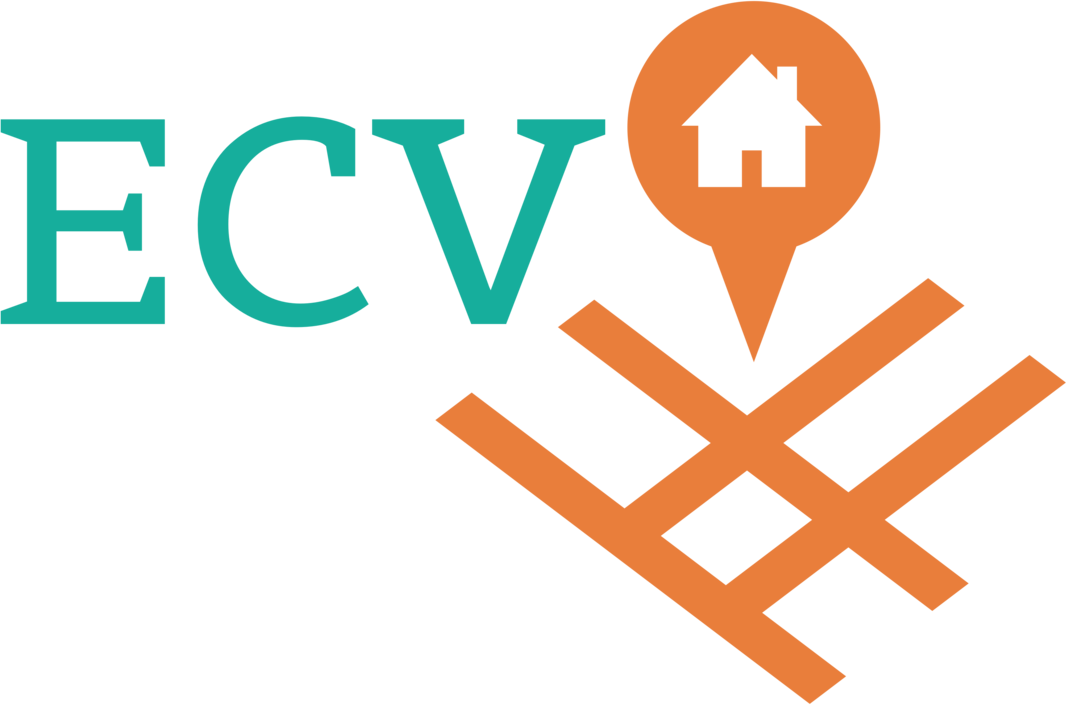Choose the Right Care Facility For You
There are nearly 30,000 assisted living facilities in the United States alone with 5,900 coming from the state of California. The number may be overwhelming because there are just so many that you can choose from. If you are someone looking for an assisted living facility, you surely want the best one that suits your wants and needs, either for you or for your loved one. Choosing the proper care facility can help ensure that our loved ones receive the support and assistance they require to maintain their health, independence, and quality of life. In this blog, we will discuss how you can find the BEST and the RIGHT facility, including what factors to consider, how to evaluate the quality of care, and how to plan for the future.
Considerations When Choosing A Care Facility
There are different factors that you need to consider to find the right facility for you. There may be a huge number of facilities, but not all can cater to you or your loved one’s individual needs.
Here are factors that you need to consider:
Location
Choosing the right location is one of the most important factors to consider. It is ideal to choose a facility that is closer to family and friends. This allows easier access for visitations and have more frequent bonds with loved ones. It is also essential to choose a safe neighborhood, and somewhere that is close to medical facilities, and local amenities such as parks. If you want to go beyond, you may also want to consider the weather of the location. This is especially important to those with medical conditions. You can look for facilities near you, using a facility finder tool.
Cost
Determine the cost of the facility and whether it fits within your budget. Keep in mind that some facilities may offer financial assistance programs or accept Medicaid. There are so many programs and resources available for seniors and disabled individuals to make use of. Make sure to also read the terms and conditions to know your refund rights.
Level of Care
Consider the level of care your loved one requires and whether the facility can meet those needs. For example, if your loved one requires specialized memory care for Alzheimer's disease, look for a facility that offers that level of care. Aside from that check the basic facilities such as utilities, bathrooms, rooms, and furnishes
Food and Nutrition
Consider the quality and variety of food provided by the facility and whether it meets any special dietary requirements your loved one may have.
Resident Activities
Look for a facility that offers a variety of activities and programs for residents to participate in, such as games, exercise classes, and social events. Social activities can help residents be more active, have more friends, and be less lonely.
Certification
Make sure that the facility you are choosing is certified and registered. The facility should be abiding state and federal law, and are following the given guidelines for facilities to operate. It is always helpful to read reviews about the facility and see what other people have to say about it.
Types of Care Facilities
There are several types of care facilities available to cater to different individuals. It is important to know them so that you can choose one depending on your needs and what is more ideal for you or your loved one. there are various options for care including, assisted living (ARF, RCFE, ICF), board and care, each with its unique features and benefits.
Adults Residential Facility (ARF)
Adult Residential Facilities (ARFs) are authorized to offer care and services that are appropriate for individuals who are unable to perform basic daily activities or have severe cognitive impairment. These facilities provide customized care in a homely atmosphere to enable people to maintain their independence. Some of the services provided by ARFs include round-the-clock care, trained staff, three daily meals that accommodate specific dietary requirements, access to medical personnel in the event of an emergency, and assistance with medication management. They are also open 24 hours a day
ARFs are typically more suitable for individuals who have difficulty performing basic daily activities due to physical or cognitive limitations, but who do not require the level of medical care provided in a skilled nursing facility. Examples of individuals who may benefit from an ARF include those with developmental disabilities, intellectual disabilities, mental illness, or physical disabilities
ARFs may have specific eligibility criteria and may not be appropriate for individuals with complex medical needs or who require specialized medical care.
Residential Care Facility for the Elderly (RCFE)
RCFE stands for Residential Care Facility for the Elderly. RCFEs are residential homes that provide non-medical care to elderly individuals who may require assistance with activities of daily living, such as bathing, dressing, grooming, and medication management.
RCFEs typically offer a range of services, including meals, housekeeping, transportation, social and recreational activities, and assistance with activities of daily living. RCFEs may also offer specialized care for individuals with memory impairment or other conditions.
RCFEs are not licensed to provide skilled nursing care, so they may not be appropriate for individuals with complex medical needs or who require extensive medical attention.
Intermediate Care Facility
Intermediate Care Facilities (ICFs) typically provide support to individuals who have a wide range of physical and cognitive disabilities, such as developmental disabilities, traumatic brain injuries, or chronic medical conditions. The goal of an ICF is to provide a structured and supportive environment that enables individuals to achieve their highest level of independence and improve their quality of life.
ICFs provide a range of services, including assistance with activities of daily living, medication management, therapeutic activities, and specialized care for individuals with complex medical needs. They may also offer rehabilitation services, such as physical therapy or speech therapy, to help individuals achieve their goals and maintain their independence.
Assessing You or Your Loved One
Assessing your or your loved one’s needs is essential to actually know which among the said facilities is best for you. Here are some of the things that you need to assess:
Medical Needs - Do you or your loved one have a certain medical condition that requires more care than others? Some facilities may provide specialized medical care, while others may only provide basic non-medical care. There are some specialized facilities too for certain medical conditions such as Alzheimer’s, and dementia.
Activities of Daily Living (ADL) - Think about what daily activities you need or do not need help with such as cooking, eating, grooming, hygiene, ambulating, and many more.
Social Needs - Do you want a more quiet or more active facility? Consider the individual's social needs and preferences. Some facilities may offer social and recreational activities, while others may provide a quieter, more private environment.
Cognitive Function - Assess the individual's cognitive function, including their ability to communicate and make decisions. Facilities that provide specialized care for individuals with memory impairment or other cognitive conditions may be more suitable for those who require this level of support.
Conclusion
As we grow older, our needs change and it increases. We require more assistance because we cannot do them anymore independently. In some scenarios, choosing to stay in a care facility is the best option. Choosing the best and right facility for you or your loved one is not an easy choice to make. You have to consider a lot of things such as the location, costs, level of care, food and nutrition, recreational activities, and even the weather! Another thing you have to do is to assess yourself or your loved one and check their medical needs, activities of daily living, social needs, and cognitive function.
The right facility is just there for you, you just have to look at the right place. Good thing Elegant Care Villa is here for you, we are here to provide guidance and informational blogs like this to fill you up with knowledge.
You can check out this blog too from Ca Care Association to read comprehensively about the different kinds of facilities (home care, assisted living, board and care)
Read this to know about the different resources seniors can go to for support:
https://www.cacareassociation.org/news-and-resources/news/resources-seniors-can-go-to-for-support

